While exploring the muddy wetlands along the Nile River in Aswan, the future founders of the Aswan Birding Club (ABC) shared a genuine moment of friendship that would later turn into one of Egypt’s most promising grassroots environmental initiatives.
“During the tour, two of us had their legs stuck in a marsh,” Ismail Khalifa, co-founder of the ABC, tells Egyptian Streets. “Something about that incident brought us closer. We laughed and talked. Bonds were made, and the rest was history.”
The idea of creating the ABC came on that bird-watching tour on 14 May, 2022, which coincided with the World Migratory Bird Day. The group decided to create a community where bird enthusiasts could share experiences and discuss everything related to the bird scene in Aswan.
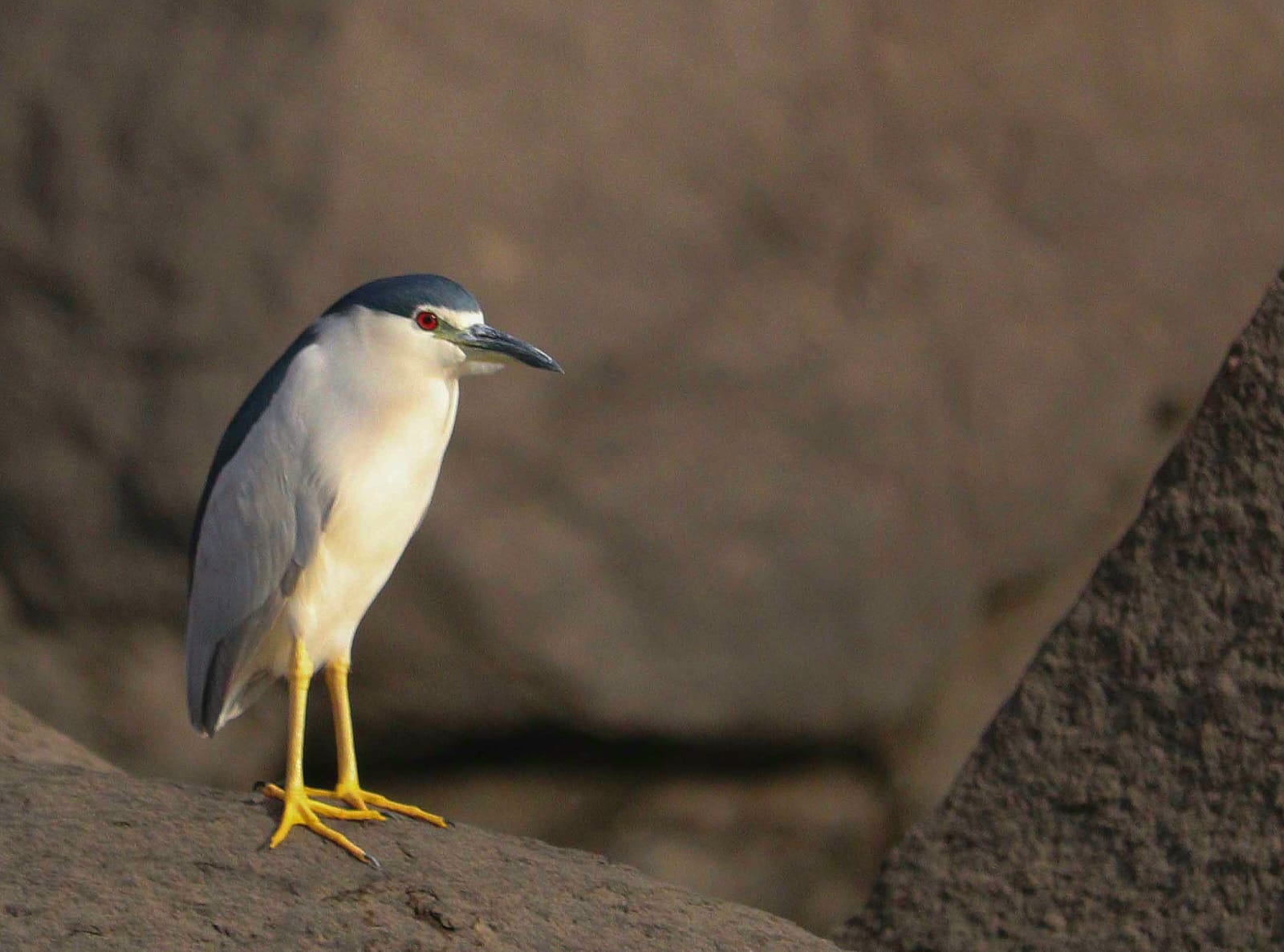
“On the same day, the Aswan Bird Watching Club (ABC) Facebook page was established. There, we began sharing our activities, experiences, and remarkable bird photos to contribute to community awareness about the importance of wild birds and their role in maintaining ecological balance,” Khalifa says.
The club actively participates in events such as the Annual Winter Bird Count in January, which is part of the International Waterbird Census (IWC) program involving 143 countries. This program aims to monitor the impacts on wetlands worldwide by collecting periodic data on bird numbers. The winter bird count is also a means to study bird migrations, survival rates, and other factors that help prioritize species protection programs.
“Bird count events contribute to a deeper understanding of bird migrations and the impacts on wild birds, including the effects of various phenomena such as climate change and habitat loss on bird behaviors,” Khalifa explains.
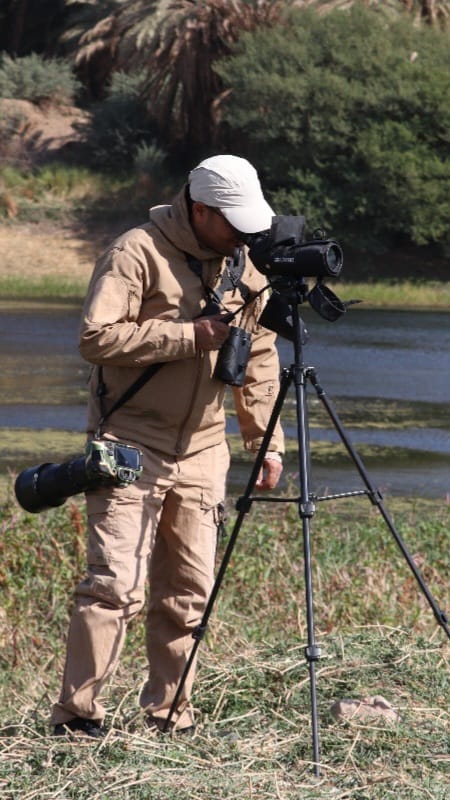
Additionally, the club celebrates the World Migratory Bird Day which takes place twice a year in May and October.
“In October 2023, the club organized a trip targeting artists to raise awareness about the importance of wild birds among different segments of society. The trip was coordinated with the Natural Reserves Administration in the southern region and sponsored by an environmental services company,” Khalifa explains.
The club also contributes to species conservation by raising awareness about wild birds through sharing activities and introducing bird species through photos and videos.
According to Khalifa, the group has had success in the rescue of several birds over the past year. One notable success story involves the rescue of an Osprey trapped in a fishing net on the shores of Lake Nasser.
“With the help of local fishermen, the bird was rescued, received veterinary care, and was eventually released into the Saluja and Ghazal Natural Reserve after recovery,” he says.
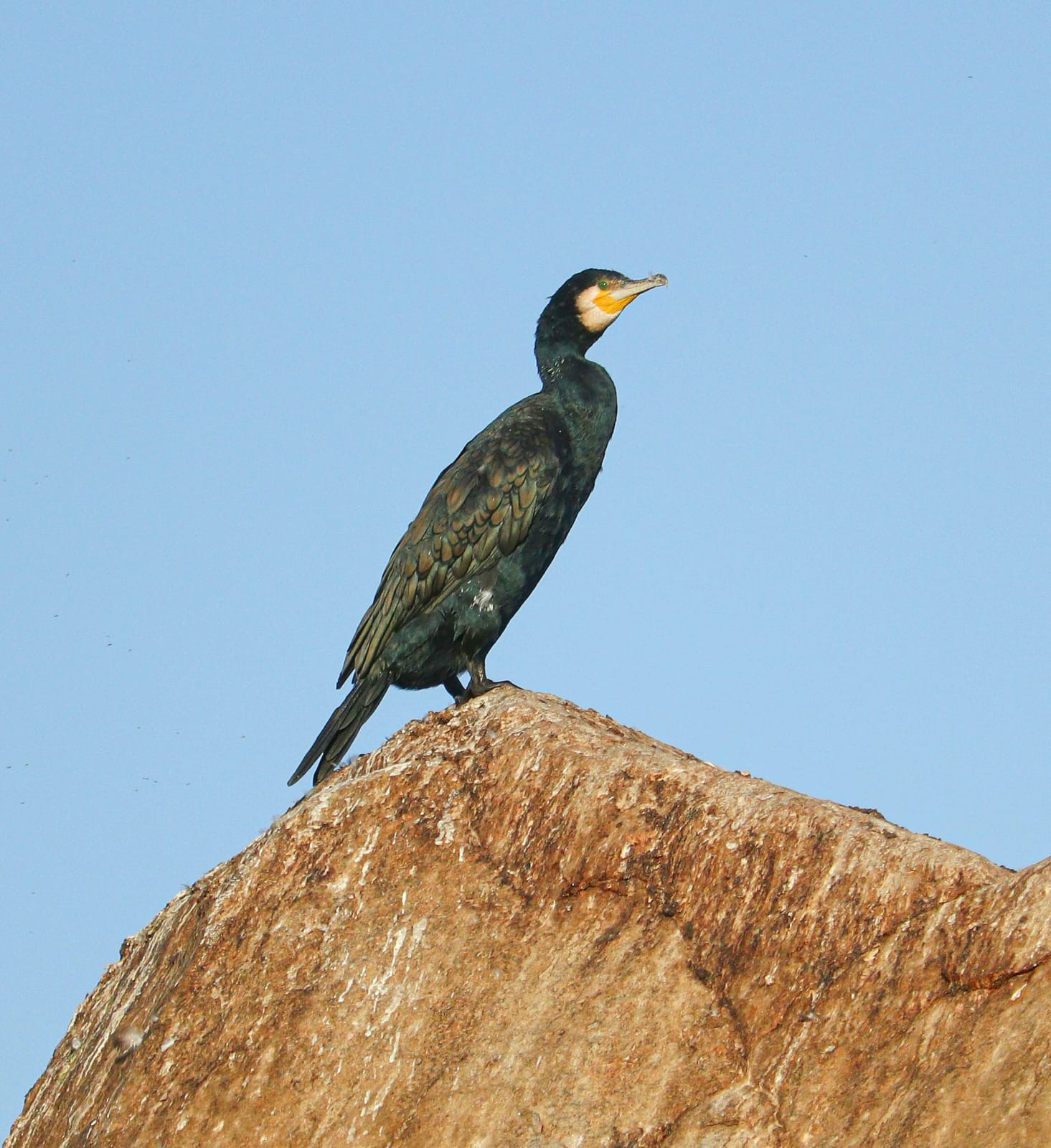
The club relies on strong relationships with the Natural Reserves Administration in the southern region, and non-governmental organizations such as Nature Conservation Egypt (NCE), and environmental service companies. Members participate in basic and advanced training sessions organized by local and regional institutions, such as the Ornithological Society of the Middle East (OSME).
“The main challenge we face is the lack of funding for activities, particularly bird-watching trips that may require boat rentals or travel to areas outside the city. We try to overcome this obstacle through self-funding, with members sharing the costs of trips,” he states.
The long-term goal for the Aswan Bird Watching Club is to expand its impact beyond bird observation to encompass broader environmental issues, such as reducing plastic waste along the Nile River and other areas frequented by wild birds. The ABC also plans to collaborate with experts to organize seminars and workshops aimed at raising public awareness about the environment and nature conservation.
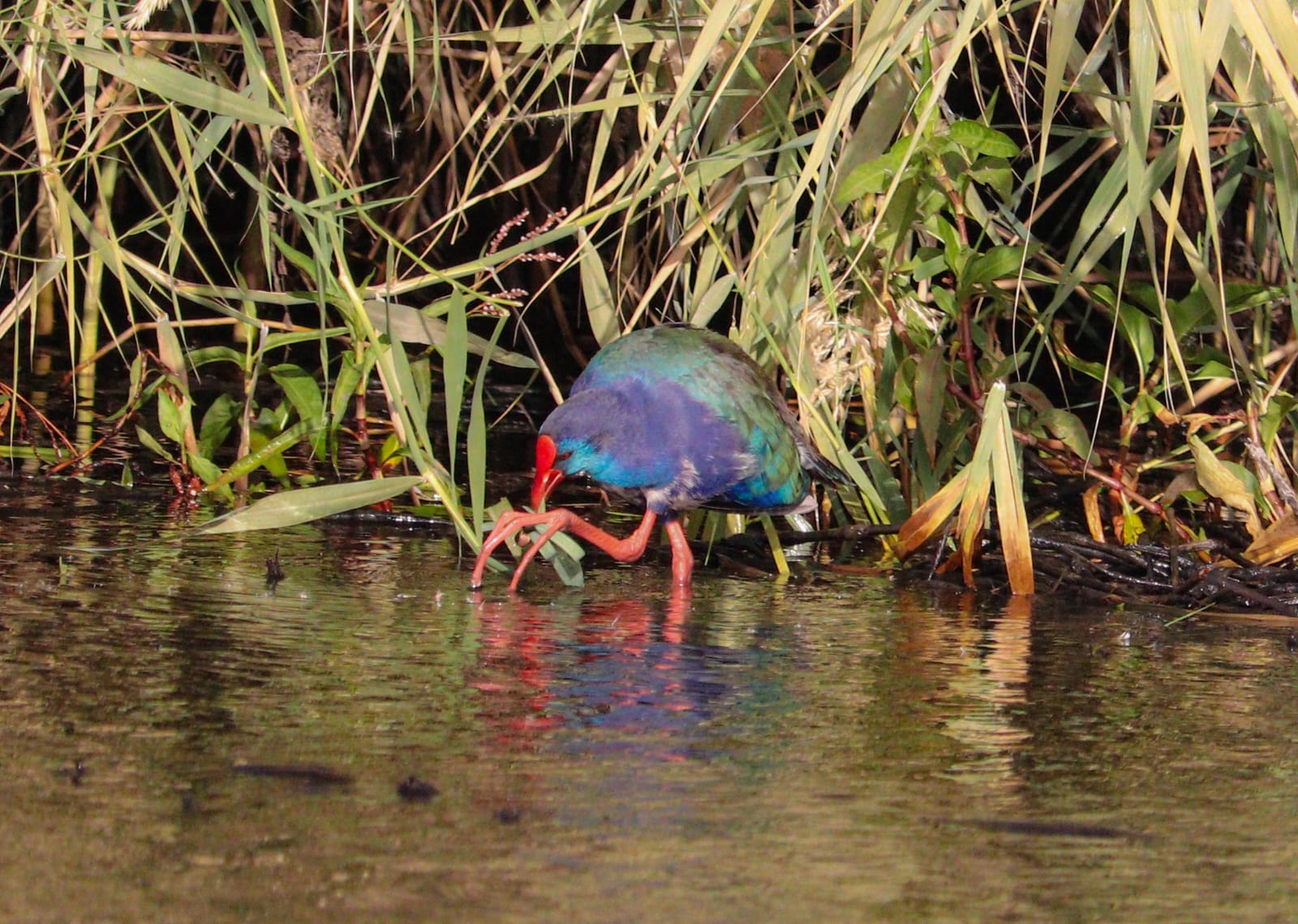
“We aspire to transform the club into a non-governmental organization that works with environmental entities within Aswan and at the national level,” Khalifa tells Egyptian Streets ”We also plan on organizing an annual bird festival in Aswan similar to the Port Said Bird Festival, among other environmentally-focused activities.”
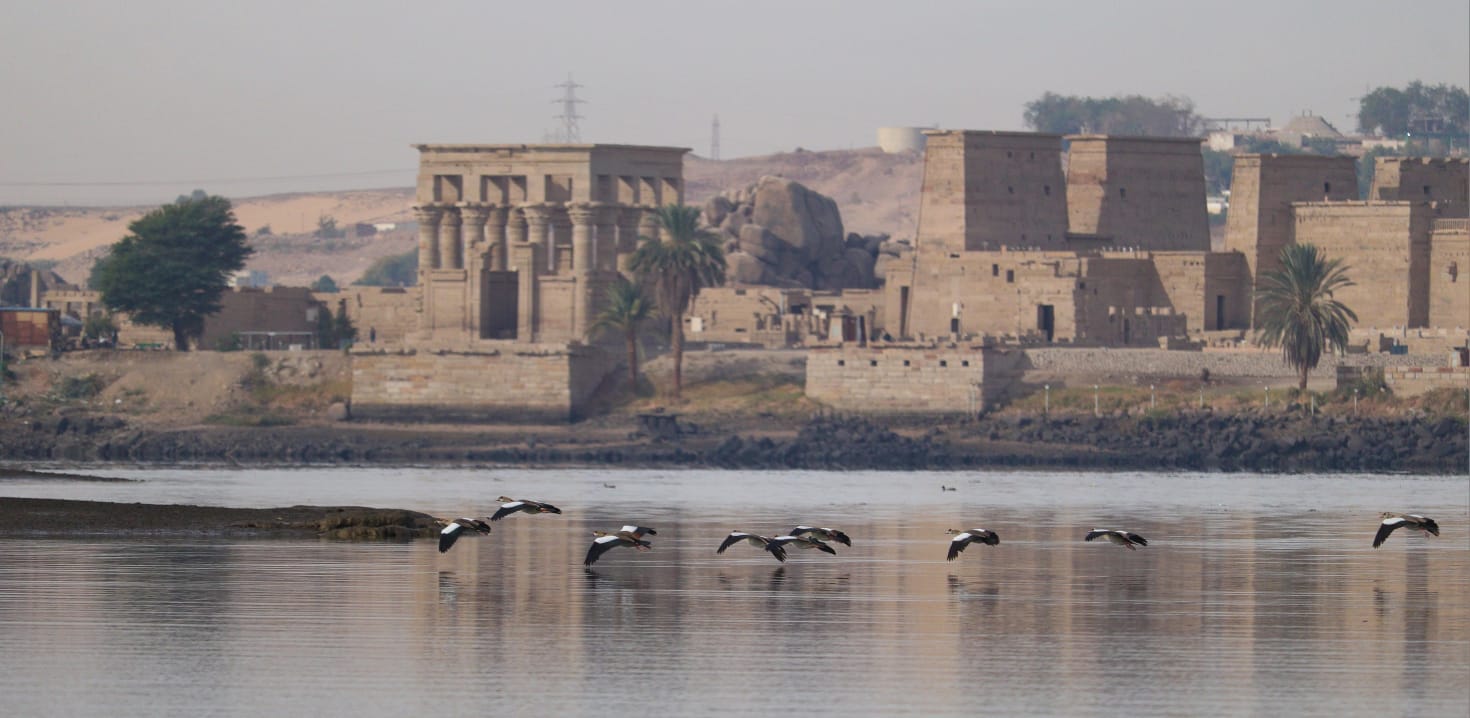






Comment (1)
[…] Heben Sie den ökologischen Mehrwert hervor: Ihre Gäste unterstützen Schutzmaßnahmen und lokale Gemeinschaften. Egyptian Streets+1 […]